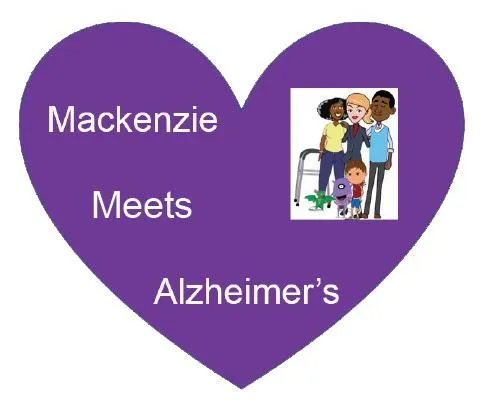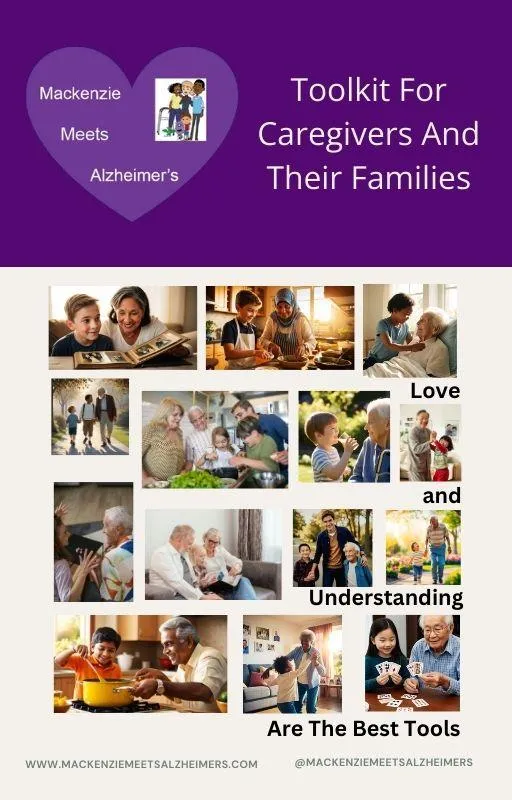
Sorry, This Page Isn't Found
The page you are looking for may have been moved, deleted, or never existed.
404

Mackenzie Meets Alzheimer's
FREE Toolkit For Caregivers
And Their Families
A guide with tools to help caregivers engage kids in understanding and positively interacting with a loved one
with Alzheimer's. The toolkit is full of information, tips & activities
to empower the caregiver.
COPYRIGHT © 2025 · Mackenzie Meets Alzheimer's | PRIVACY POLICY | TERMS & CONDITIONS